|
Here's my last post for National Kidney Month. Check out myth #1 and myth #2 as well!
Myth #3: Over-the-counter medications are safe for my kidneys. / Over-the-counter medications are dangerous for my kidneys. Lastly, I’ve noticed that some of my patients are very hesitant to take over-the-counter (OTC) medications because they are concerned about risks to the kidneys, liver and stomach, and are not sure which medications cause which risks. Other patients take OTC meds at dangerously high doses without consulting a physician. Here, I’ll address the confusion surrounding which medications can be hazardous to the kidneys or other organs.
0 Comments
Myth #2: I feel well, so my kidneys must be working fine.
As I wrote in response to the first myth, most pain in the kidney region has nothing to do with the kidneys (they’re just the fall guys!). To add to the confusion, most people with early or mild kidney disease have no symptoms at all. What the what?! So how do we detect and prevent kidney disease? The kidneys are an amazing pair of organs with two main functions: to fine-tune the amount of fluid and electrolytes in the body and get rid of waste though the urine. They are so good at their job that you can live with only one! (If, for example, you donate one to someone in need, your remaining kidney can step up to the plate and do the work of two.) However, kidney disease goes unnoticed far too often – frequently in people who have diabetes or hypertension. There is a lot of misinformation about the kidneys and kidney disease. In the spirit of National Kidney Month, I hope to dispel three common myths about the kidneys. I hope you learn something new about these cool bean-shaped organs! 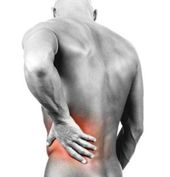 Most likely not kidney pain! Most likely not kidney pain! Myth #1: My back pain is caused by my kidneys hurting. The kidneys live in the mid back, just below the ribs. As a result, many people attribute their back pain to the kidneys. The kidneys, however, rarely hurt.
I created a handout to demonstrate how convoluted our healthcare "system" is, and what a better solution a single payer program, or Medicare-for-All, would be.
After Physicians for a National Health Program shared it on Twitter and Facebook, lots of folks shared it on their networks. I hope it resonates with you all, fellow healthcare professionals and patients alike.
Update: This February 26th, 2017 update includes improvements based on feedback, a version for the national single payer movement, image files that are easier to share online, and presentation slides! So without further ado, here are the downloadable files New York State versions (for advocating for the New York Health Act):
National versions for advocating for H.R. 676:
Presentation slides with lecturer notes (except for the pdf) It's easy to enjoy a three-day weekend without even thinking about what the holiday is all about. I was reminded about Labor Day's true meaning when I saw this graphic (The artwork is by Ricardo Levins Morales, and if you visit my office, you may see a couple of his other designs.)
A lot of the rights that we take for granted came from organized labor movements, and on Labor Day, we should think about this important history, as well as the work that still needs to be done. To learn more, here's a great summary. – D.N. So many of us are obsessed with our smartphones. We use them for many reasons: to be entertained, to stay informed, to connect with our loved ones. Overuse, however, can be detrimental to the quality of our sleep which can in turn affect many different aspects of our health.
Poor sleep is something that I've struggled with myself, so I've taken one simple measure to improve the quality of my sleep. I strongly recommend that you consider trying it too. Hello!
I plan to update this blog from time to time with
To stay up-to-date, please subscribe to the blog or follow @dneghassi on Twitter! Send me a message here or on Twitter if there are any topics you would like me to cover or if you have any comments. I hope you find the posts useful and enjoyable! Peace, —DN |
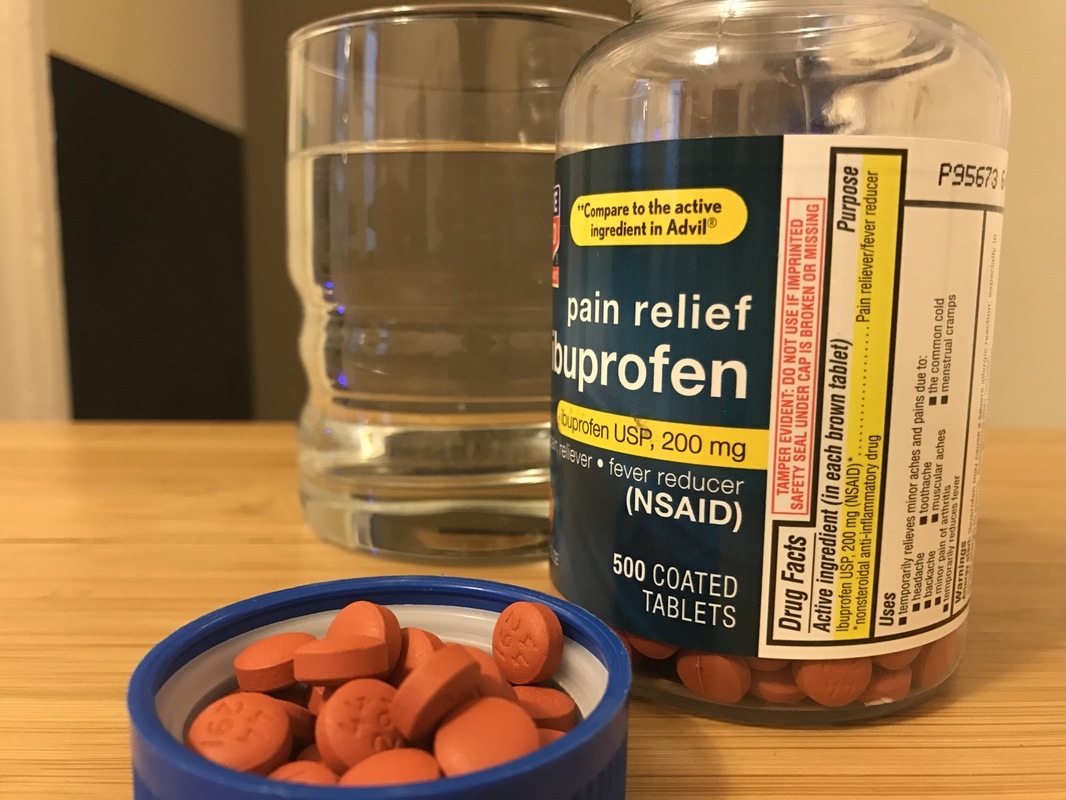
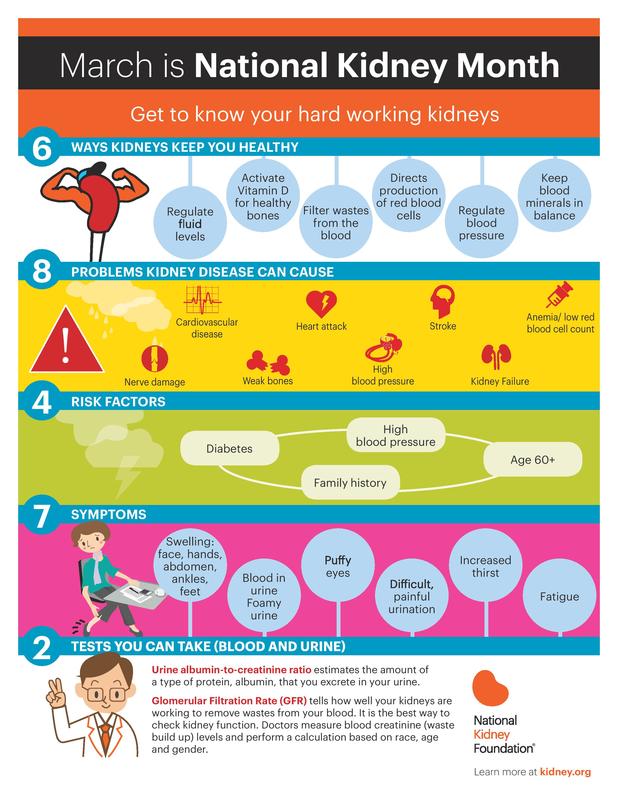
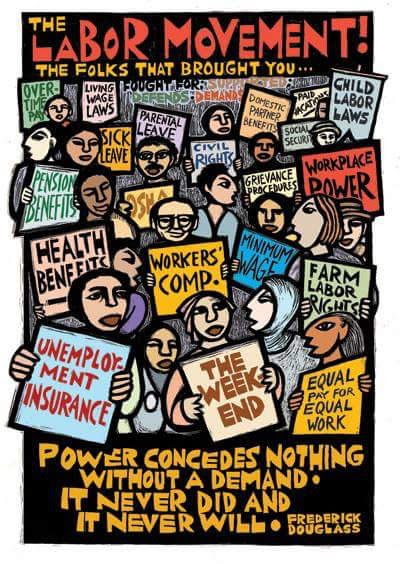
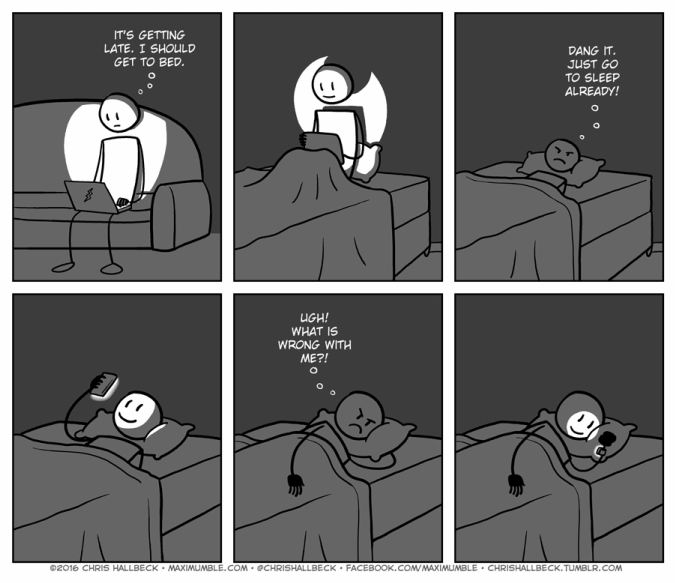
 RSS Feed
RSS Feed
